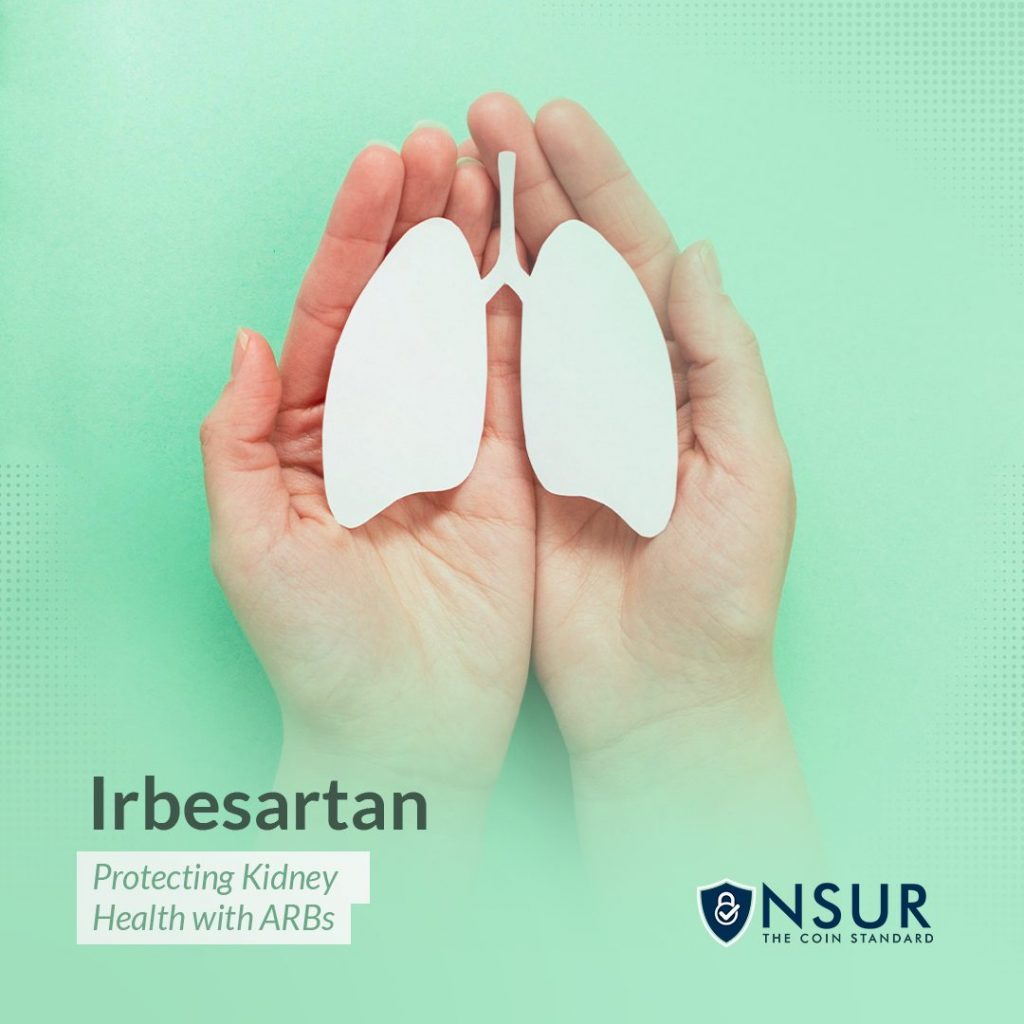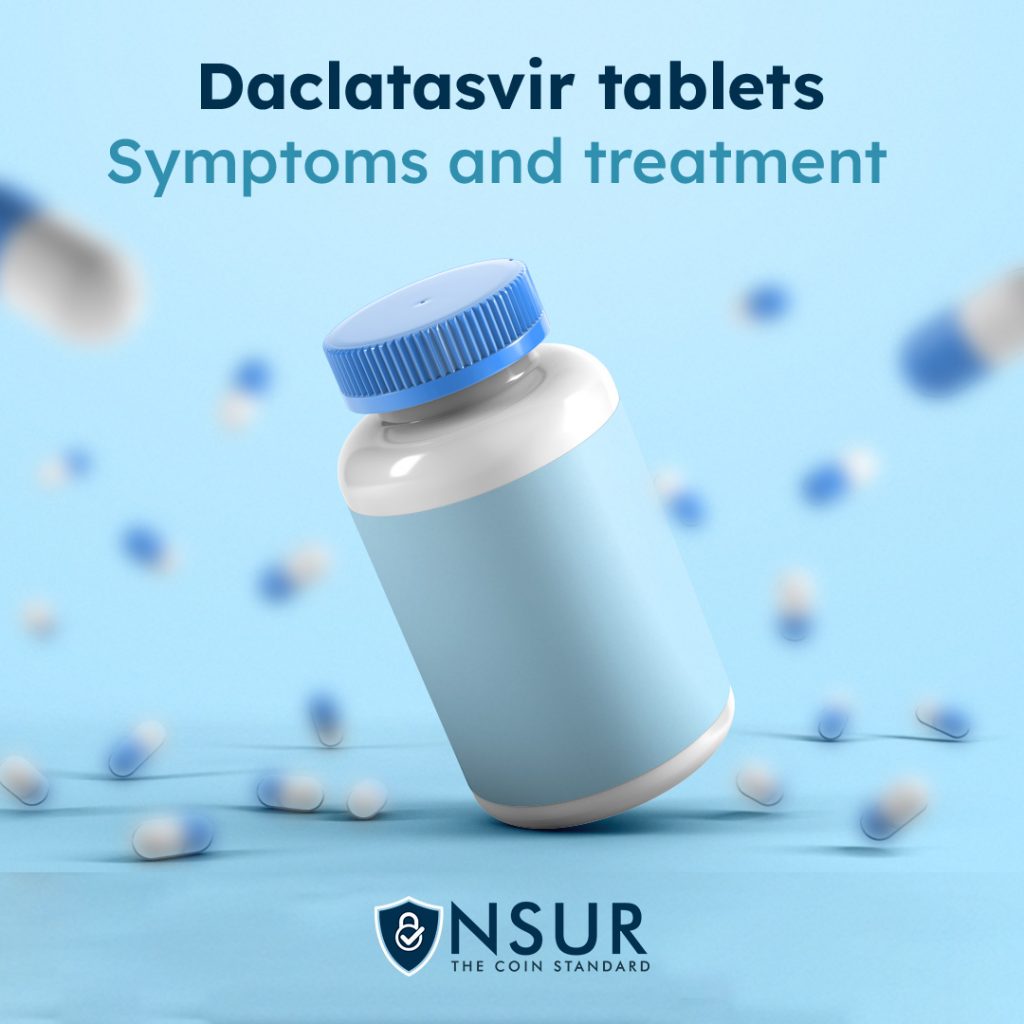
Blood cancer, including conditions like Chronic Lymphocytic Leukemia (CLL), Mantle Cell Lymphoma (MCL), and Waldenstrom’s Macroglobulinemia, has historically been a challenging medical condition to treat. However, the healthcare landscape has been undergoing significant changes, offering new hopes and possibilities. One such transformative drug that has captured the attention of both the medical community and patients alike is Imbruvica (Ibrutinib).
What is Imbruvica?
Imbruvica is an oral medication developed by Pharmacyclics LLC and Janssen Biotech Inc., and it has gained FDA approval for the treatment of multiple types of blood cancers. It works by targeting and blocking a specific protein in the B cells known as Bruton’s tyrosine kinase (BTK). This effectively prevents cancer cells from growing and multiplying, providing a targeted approach to cancer treatment.
How Effective Is Imbruvica?
Numerous clinical trials have demonstrated the effectiveness of Imbruvica in treating various blood cancers. A study published in the New England Journal of Medicine reported that patients with CLL experienced a significant improvement in survival rates and reduced disease progression (NEJM, 2015). Similarly, another study focused on MCL found that nearly 68% of patients showed a partial or complete response to the treatment (Journal of Clinical Oncology, 2013).
How Is Imbruvica Administered?
One of the most compelling aspects of Imbruvica is its ease of administration. Unlike traditional chemotherapy, which often requires hospital visits for intravenous treatment, Imbruvica is an oral medication that can be taken at home. This makes the treatment far less invasive and allows for a more comfortable experience for the patient.
Side Effects and Precautions
While Imbruvica shows great promise, it’s essential to acknowledge the side effects that some patients may experience. Common side effects include diarrhea, fatigue, fever, and bruising. However, severe side effects can include low blood cell counts, liver problems, and hypertension. It’s crucial to consult with a healthcare provider for a comprehensive understanding of whether Imbruvica is suitable for you (FDA, Imbruvica Prescribing Information).
Accessibility and Costs
Financial considerations cannot be overlooked when discussing new medications. Imbruvica is on the higher end of the cost spectrum, which may pose challenges for some patients. However, there are patient assistance programs and insurance coverages that may help offset these costs.
Take advantage of NSURx for your prescription drugs!
With the NSURx Prescription Benefit Card, you can save money on your medications at more than 35,000 pharmacies across the United States.
You can save up to 80% on your medication by using an NSURx card. Hundreds of dollars in savings could be yours every time you fill out your prescription.
The more you shop with NSURx, the more NSUR Coins you will receive as a reward.
Conclusion
Imbruvica has emerged as a revolutionary treatment for blood cancer patients, offering an effective, targeted, and less invasive treatment option. While it’s not without its drawbacks, including side effects and cost considerations, it offers a significant improvement over existing treatments for many patients. As more research is conducted, and as healthcare becomes increasingly personalized, drugs like Imbruvica symbolize the new hope that science is providing for the fight against blood cancers.
References
- New England Journal of Medicine, 2015: Ibrutinib as Initial Therapy for Patients with Chronic Lymphocytic Leukemia
- Journal of Clinical Oncology, 2013: Targeting BTK with Ibrutinib in Relapsed or Refractory Mantle-Cell Lymphoma
- FDA: Imbruvica Prescribing Information
Disclaimer
This blog post is intended for informational purposes only and should not be considered a substitute for professional medical advice. Always consult with a qualified healthcare provider for personalized recommendations and guidance.











